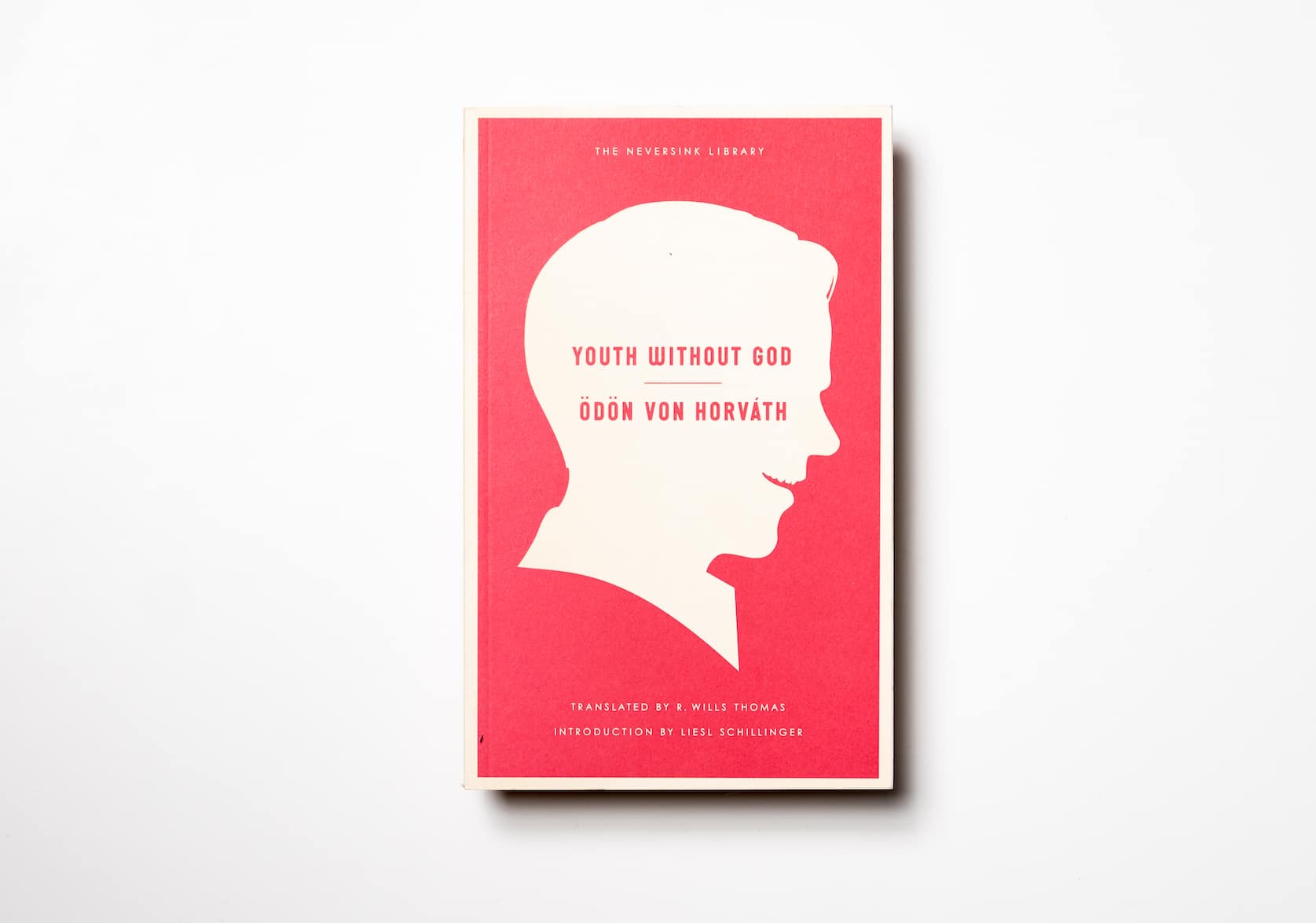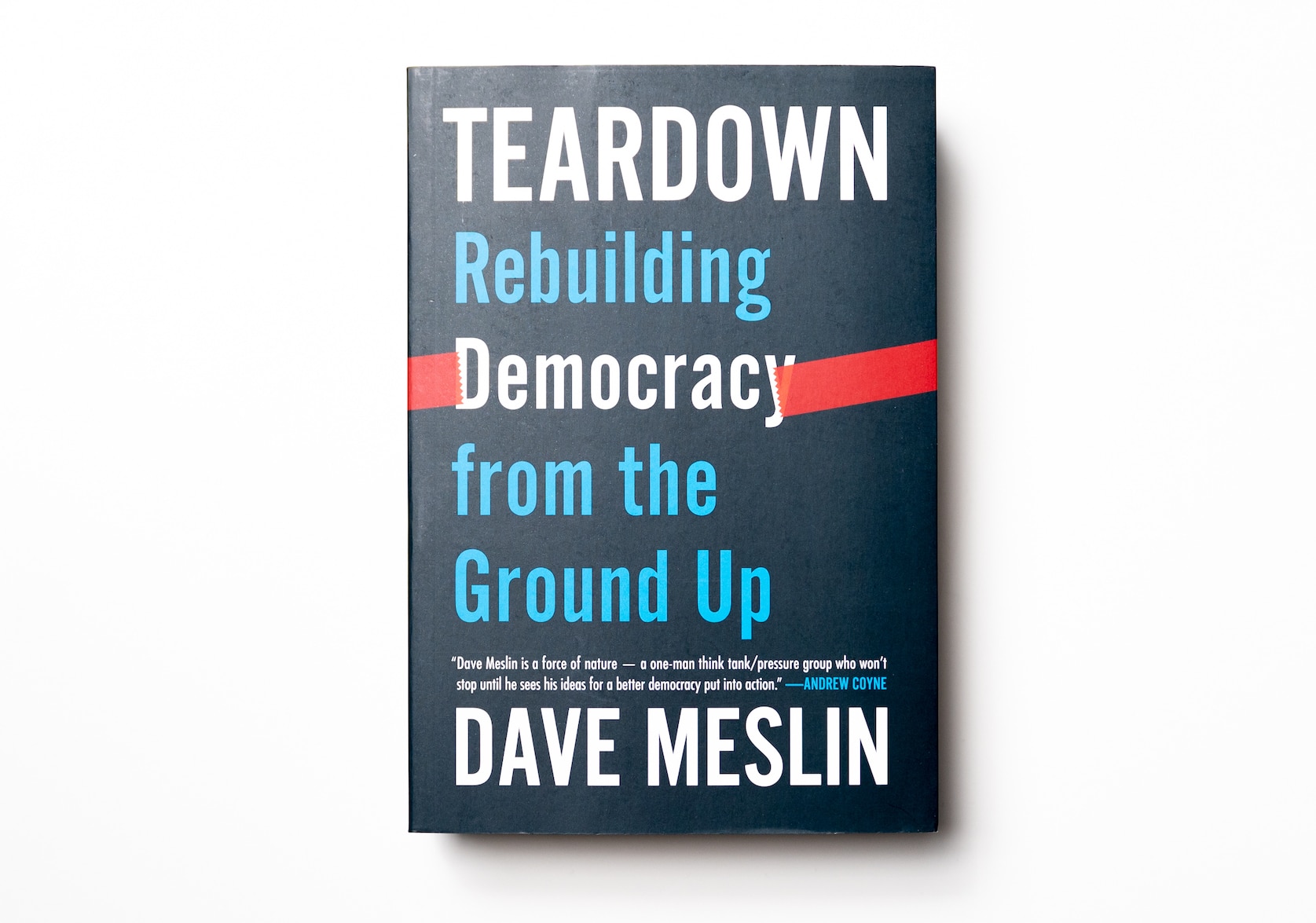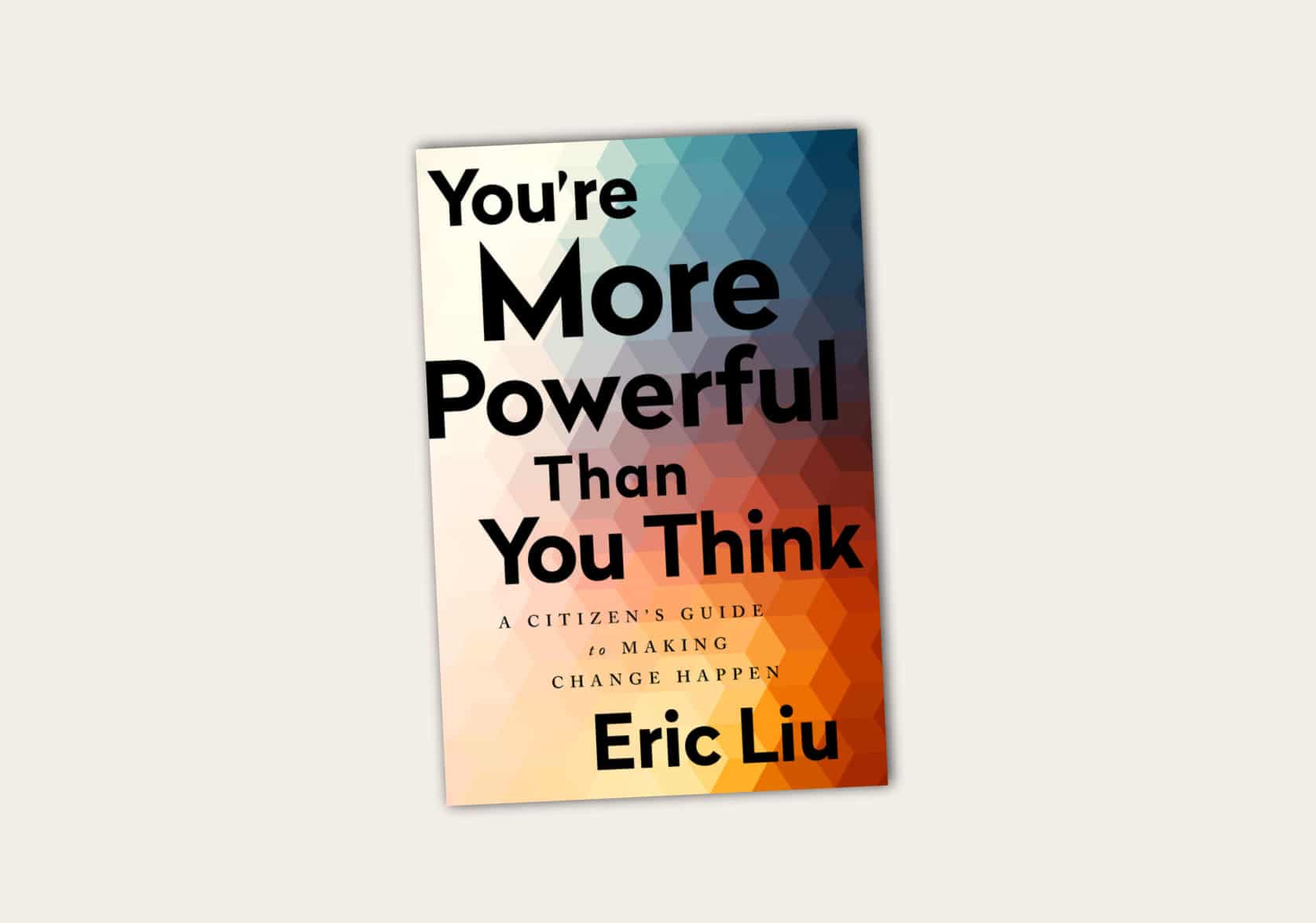The Philosopher’s Toolkit by Peter S. Fosl & Julian Baggini
C$29.00
A Compendium of Philosophical Concepts and Methods
Paperback, 376 pages, ISBN: 9781119103219
Published by Wiley-Blackwell, 2020, 3rd Edition
In stock
See long description associated with images on this page.
From the publisher:
A new edition of the bestselling guide to the study of philosophy: the ideal intellectual ‘toolkit’ for sharpening analytical skills and building philosophical acuity.
In the nearly twenty years since it was first published, The Philosopher’s Toolkit has become a breakaway bestseller, helping readers all over the world to develop philosophical literacy and fluency in the foundations of philosophical thinking. Clear, comprehensive, and written in a highly accessible style, this compendium of essential philosophical methods, concepts, and terminology combines precise definitions with concise explanations and thoughtful suggestions for their practical application.
Now in its third edition, The Philosopher’s Toolkit offers revised and expanded coverage of metaphysics, logic, the philosophy of science, and continental philosophy. Many of the original entries have been enhanced, extended, and updated, and a more extensive list of recommended readings reflects an evolving multimedia landscape, identifying the most useful and stable supplementary digital resources to support classroom use.
As in prior editions, the short entries collected here are deeply informed by the history of philosophy and are fortified by lively examples that help readers grasp sophisticated philosophical concepts and principles. The book is organized alphabetically by tool, and runs the gamut from the basics of argument, rhetoric, and reasoning to the formation of radical critiques of knowledge and the limits of philosophical methodology.
Accessible to the non-specialist yet trusted by working philosophers, The Philosopher’s Toolkit has guided thousands of readers through the principles of effective reasoning and critique without sacrificing nuance. This latest edition strengthens its reputation as an unparalleled introduction and quick reference resource for anyone interested in becoming proficient with the tools of the philosophical trade.
Whether used as a guide to basic principles or a resource for key concepts and methods, The Philosopher’s Toolkit equips readers with all the intellectual ‘tools’ necessary for engaging closely with philosophical argument and developing fluency in the methods and language of philosophical inquiry. Featuring accessible explanations, practical examples, and expert guidance, this text empowers readers to understand traditional philosophical thinking and to engage with new ideas.
The Philosopher’s Toolkit
- Focuses on the practical methods and concepts necessary for philosophical inquiry
- Presents a versatile resource for both novice and advanced students in areas of philosophy, critical theory, and rhetoric
- Adopts a pluralistic approach to teaching philosophy, making this a suitable resource for many courses
- Delivers extensive cross-referenced entries, recommended readings, and updated online resources
- Covers an array of topics, from basic tools of argumentation to sophisticated philosophical principles
- Fully revised and updated to include new topics and entries as well as expanded recommended reading lists to encourage further study.
About the authors:
Peter S. Fosl
is Professor of Philosophy and Chair of PPE at Transylvania University, Kentucky. He is author of Hume’s Scepticism (2020), co-author of The Critical Thinking Toolkit (Wiley Blackwell, 2016) and The Ethics Toolkit (Wiley Blackwell, 2007), editor of The Big Lebowski and Philosophy (Wiley Blackwell, 2012), and co-editor of Philosophy: The Classic Readings (Wiley Blackwell, 2009).
Julian Baggini
is Academic Director of the Royal Institute of Philosophy and an Honorary Research Fellow at the University of Kent. He was the founding editor of The Philosophers’ Magazine and has written for numerous newspapers and magazines, as well as for the think tanks The Institute of Public Policy Research, Demos, and Counterpoint. He is the author, co-author, or editor of over 20 books, including How the World Thinks, The Virtues of the Table, The Ego Trick, Freedom Regained, and The Edge of Reason.
Table of Contents:
Acknowledgements xiii
Alphabetical Table of Contents xv
Preface xix Internet Resources for Philosophers xxi
1 Basic Tools for Argument
1.1 Arguments, premises, and conclusions
1.2 Deduction
1.3 Induction
1.4 Validity and soundness
1.5 Invalidity
1.6 Consistency
1.7 Fallacies
1.8 Refutation
1.9 Axioms
1.10 Definitions
1.11 Certainty and probability
1.12 Tautologies, self-contradictions, and the law of non-contradiction
2 More Advanced Tools
2.1 Abduction
2.2 Hypothetico-deductive method
2.3 Dialectic
2.4 Analogies
2.5 Anomalies and exceptions that prove the rule
2.6 Intuition pumps
2.7 Logical constructions
2.8 Performativity and speech acts
2.9 Reduction
2.10 Representation
2.11 Thought experiments
2.12 Useful fictions
3 Tools for Assessment
3.1 Affirming, denying, and conditionals
3.2 Alternative explanations
3.3 Ambiguity and vagueness
3.4 Bivalence and the excluded middle
3.5 Category mistakes
3.6 Ceteris paribus
3.7 Circularity
3.8 Composition and division
3.9 Conceptual incoherence
3.10 Contradiction/contrariety
3.11 Conversion, contraposition, obversion
3.12 Counterexamples
3.13 Criteria
3.14 Doxa/para-doxa
3.15 Error theory
3.16 False dichotomy
3.17 False cause
3.18 Genetic fallacy
3.19 Horned dilemmas
3.20 Is/ought gap
3.21 Masked man fallacy
3.22 Partners in guilt
3.23 Principle of charity
3.24 Question-begging
3.25 Reductios
3.26 Redundancy
3.27 Regresses
3.28 Saving the phenomena
3.29 Self-defeating arguments
3.30 Sufficient reason
3.31 Testability
4 Tools for Conceptual Distinctions
4.1 A priori/a posteriori
4.2 Absolute/relative
4.3 Analytic/synthetic
4.4 Belief/knowledge
4.5 Categorical/modal
4.6 Cause/reason
4.7 Conditional/biconditional
4.8 De re/de dicto
4.9 Defeasible/indefeasible
4.10 Entailment/implication
4.11 Endurantism/perdurantism
4.12 Essence/accident
4.13 Internalism/externalism
4.14 Knowledge by acquaintance/description
4.15 Mind/body
4.16 Necessary/contingent
4.17 Necessary/sufficient
4.18 Nothingness/being
4.19 Objective/subjective
4.20 Realist/non-realist
4.21 Sense/reference
4.22 Substratum/bundle
4.23 Syntax/semantics
4.24 Universal/particular
4.25 Thick/thin concepts
4.26 Types/tokens
5 Tools of Historical Schools and Philosophers
5.1 Aphorism, fragment, remark
5.2 Categories and specific differences
5.3 Elenchus and aporia
5.4 Hegel’s master/slave dialectic
5.5 Hume’s fork
5.6 Indirect discourse
5.7 Leibniz’s law of identity
5.8 Ockham’s razor
5.9 Phenomenological method(s)
5.10 Signs and signifiers
5.11 Transcendental argument
6 Tools for Radical Critique
6.1 Class critique
6.2 Différance, deconstruction, and the critique of presence
6.3 Empiricist critique of metaphysics
6.4 Feminist and gender critiques
6.5 Foucaultian critique of power
6.6 Heideggerian critique of metaphysics
6.7 Lacanian critique
6.8 Critiques of naturalism
6.9 Nietzschean critique of Christian–Platonic culture
6.10 Pragmatist critique
6.11 Sartrean critique of ‘bad faith’
7 Tools at the Limit
7.1 Basic beliefs
7.2 Godel and incompleteness
7.3 Hermeneutic circle
7.4 Philosophy and/as art
7.5 Mystical experience and revelation
7.6 Paradoxes
7.7 Possibility and impossibility
7.8 Primitives
7.9 Self-evident truths
7.10 Scepticism
7.11 Underdetermination and incommensurability
Index.
(Credits: Publisher’s description and table of contents have been retrieved from BiblioShare. Photo of front and back cover by Dahlia Katz.)




















